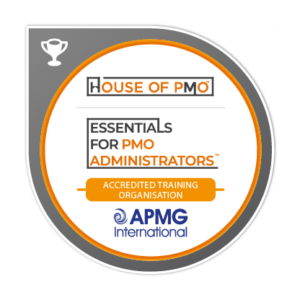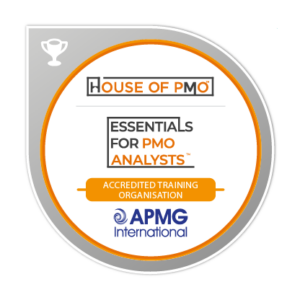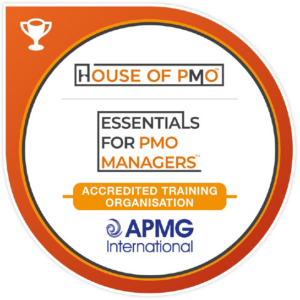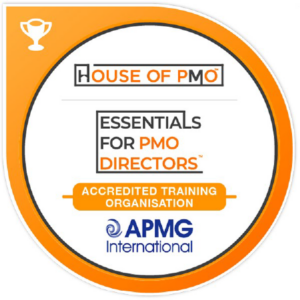
There are three popular types of interviewing within project management and PMO:
- Traditional CV-based approach
- Competency-based interviews
- Scenario-based questioning
Traditional Interviews
The traditional approach concentrates on the skills and experiences you have presented on the CV. The interviewer will want to delve into some of the details of the role you performed – what type of services you provided, how you managed certain areas of your work and what the outcomes were (both positively and negatively).
There will most likely be questions based on more recent experience, but some interviewers like to go further back in time.
The traditional approach has been superseded by ‘competency-based interviewing’ in a majority of cases. The reason for this is that many hirers found it difficult to compare candidates at an interview, especially if their experiences, skills or background were very different to each other.
Competency-Based Interviews
Competency-based interviews allow the hirer to pinpoint areas of the role they are recruiting for, for example, if the PMO set up they have requires a large amount of reporting duties it makes sense that questions will be selected to find out about your competency levels in this area.
With these types of interviews, the hirer can ask the same question to each person who attends the interview – making comparison much easier.
It has often been said that these types of questions make it difficult for candidates to prepare for interviews but I disagree. If you have a reasonable idea of the types of competencies required for the role you are being interviewed for, you can prepare beforehand using the STAR technique:
S = Situation, T = Task, A = Actions, R = Results.
When preparing to answer in the interview, the Situation is explained first. It helps to set the scene for the hirer if they understand the background.
It may not be a Situation-type question, in which case you’ll be describing a Task instead.
Once you have set the scene, briefly, you then go on to talk about the direct Actions you took – that demonstrate your ability to deal with the situation or task.
It is important as a PMO practitioner that you concentrate on your actions. It is a mistake many project people make in interviews because they are so used to working in a team environment. So it is your direct actions, not the team’s, we are interested in here.
Finally the Results – what were the (favourable) outcomes from the direct actions you took?
The S-T-A-R technique can be used by any profession in an interview and it has become popular over the years.
Scenario-Based Interview
Scenario-based questions allow hirers to choose situations closely aligned with the vacancy. This has become increasingly popular as a means for understanding and testing a PMO’s skills and competence levels.
A project-based hypothetical situation or scenario is presented in the question and the interviewee’s answers must draw on a combination of theoretical and practical experience to demonstrate his/her capability.
Examples include:
- Two of your team members do not work well together and are disrupting the rest of the team. What steps would you take to overcome this?
- Some of the project managers are consistently late filing their project status reports each month. What do you do to rectify this problem?
- A long-established process for managing project risks is clearly not working. What steps will you take to implement a new process that works?
An extension to this type of interview is a presentation or in-tray exercise. The presentation is normally about 10 minutes and you’ll be ask to prepare something beforehand. The in-tray exercise is much more practical, for example, it could be a project status report and you’re asked to highlight certain bits of information that show the project might be veering off into the red. PMO Managers normally have great fun devises exercises like this!
When preparing for an interview it is always useful to understand the objectives of the role and how performance in it is measured.
Once you have a clearer idea of this it makes it much easier to understand what types of questions you will potentially be asked because ultimately, these form part of the selection criteria when hiring.
If you know you are going to be asked questions that test this and try to uncover your abilities in performing this in the position, you can’t fail to be prepared.
Get yourself ready and prepared for the job market with a PMO qualification, take a look at the options on offer.
The P3O® courses on this page are offered by PMO Learning. P3O® is a [registered] trade mark of AXELOS Limited. P3O® is a registered trade mark of AXELOS Limited, used under permission of AXELOS Limited. The Swirl logo™ is a trade mark of AXELOS Limited, used under permission of AXELOS Limited. All rights reserved.
Enjoying Our Blog?
Sign up and receive all our articles (we’ll send you an update once a week!) plus special offers and events:












